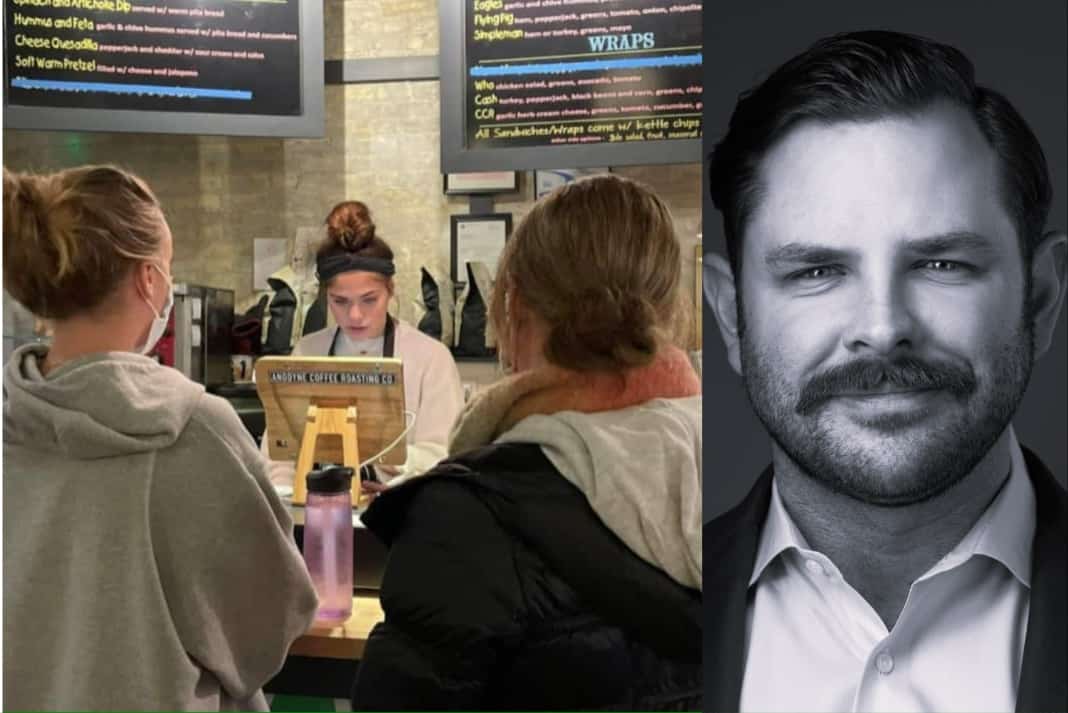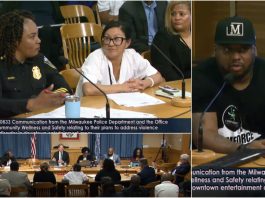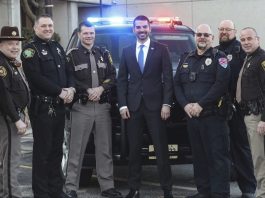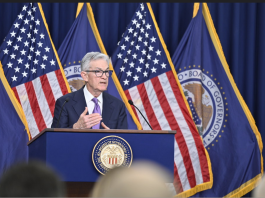It’s rare for someone—even the Democrats—to be this out of touch, with this many people, all at the same time.
The issue is instantly understandable for any parent, any employed adult, any employer, not to mention anyone who has been a teenager themselves: Your very first job is life-changing. Everyone’s got a story of their first job.
For some, it’s fond memories and lifelong friends. For others, it’s real-world experience and a little extra money in your pocket. It may have even driven you into or out of a particular industry. Every life story includes some kind of lesson you wouldn’t have learned any other way.
That’s why the Democrats’ opposition to a bill in the Wisconsin Legislature right now is so strange. The bill, Rep. Clint Moses’s AB 442/SB 436, would extend a pro-jobs teenage worker reform originally passed in 2017 to a wider age range. The reform itself is pretty simple—eliminating the need for a “government permission slip” for a teenager to be able to accept a job.
Prior to 2017, a paper document was required by the state before a teenager could start work. The document needed to be signed by the new employee, their parent, the school, and the employer, and then it had to be filed with the correct state agency, along with a mandatory $10 filing fee.
Remember, that fee needed to be paid before the worker earned their first paycheck to be able to cover the cost.
What a perfect lesson about what the government really thinks is most important. In the government’s eyes, the hard work doesn’t come first, and the paycheck you earn doesn’t come first. To them, the government paperwork and filing fee come first.
In 2017, Republicans rightly removed this permission slip requirement for 16- and 17-year-olds. The program worked, and parents, employers, and a new generation of workers all benefited.
Today’s bill, which passed the Senate and is awaiting scheduling in the Assembly, would extend that success story to 14- and 15-year-olds—in essence, all high-school-aged workers. Sadly, Wisconsin Democrats would rather be on the side of the government permission slip. Just about every Democrat in the Legislature voted against this reform in 2017, and Democrats in the Senate and Assembly committee have done the same this time.
First, they’re out of touch with anyone who had a job in high school—which includes, if I had to guess, most of the Democrats who are now opposed to the idea. As recently as 1978, labor force participation for teenagers was as high as 60 percent. Today, it stands at 37 percent.
Second, they’re out of touch with the economic reality of our state. At last count, there are more than 212,000 job openings in the state of Wisconsin, and not enough workers to fill those jobs. If you’ve had trouble finding a worker at a store, or a long checkout line, or poor service, or heard anyone say the words “sorry, we’re short-staffed,” you know what this means.
Third, the Democrats are out of touch with their own party and elected officials. While Democrats on Capitol Square are putting up roadblocks to youth employment, their own local officials are encouraging it. Liberal Madison’s Community Development Division provides training and employment to youth beginning at age 14, including “real-world work experience.”
Milwaukee’s “Earn and Learn” program similarly begins at age 14, helping to “develop essential workplace skills including professionalism, effective interpersonal communication, punctuality, and problem-solving skills.”
Even NPR ran a story last week about how teenagers are the ones who have “kept the economy going,” pointing to the importance of teenage workers in keeping restaurants and small businesses open.
The long-term view provides strong support for this reform as well—teenagers who work even as little as one year earn an average of 14 to 16 percent more in their 20s. Employment leads to less property crime and drug use, and higher graduation rates.
Seventeen states—including states like Oregon, Arizona, Indiana, and South Carolina – don’t require government permission for teenagers to work.
Let’s not forget that most youth work restrictions are waived if your parents own a business or farm you work on, meaning that these unnecessary barriers primarily restrict kids who are likely looking for work to improve their quality of life—just like I was back at 14 years old.
It’s time for Governor Evers to pass Moses’s bill into law and give teenagers in Wisconsin better access to their first life-changing opportunity.








![Governor Caught Playing Politics with Brillion Residents’ Lives & Livelihood [COLUMN] ron tusler](https://www.wisconsinrightnow.com/wp-content/uploads/2025/07/MixCollage-15-Jul-2025-03-35-PM-9568-265x198.jpg)



![Protecting Portland: No Good Deed Goes Unpunished [REVIEW]](https://www.wisconsinrightnow.com/wp-content/uploads/2025/07/portland-265x198.jpg)